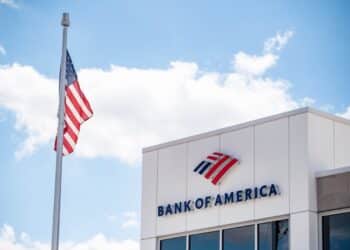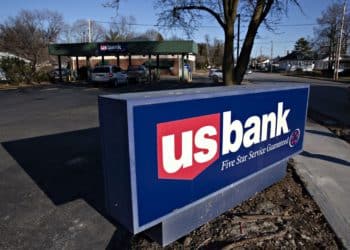As payments giants combine, Square narrows its focus
Mega-mergers in the payments sector appear to be leading Square to narrow its business focus and boost investment in its seller and Cash App ecosystems. To help fuel its investments, the payments company announced on Thursday that it will sell its food delivery business, Caviar, to DoorDash for $410 million.
“Our initial focus will be on go-to-market investment, inclusive of hardware and sales and marketing,” said Square CEO Jack Dorsey during the firm’s second quarter earnings call Thursday. “Our seller and Cash App ecosystems have incredible roadmaps ahead to deliver on our purpose of economic empowerment, and every time we tighten our focus we get stronger.”
Square plans to invest more in marketing and “ecosystem sales,” particularly on the seller side, ahead of the holiday season, CFO Amrita Ahuja said. Square’s opportunities in the seller business also include small business lending through Square Capital. On the Cash App side, she pointed to the performance of Cash Card and bitcoin sales on the peer-to-peer payment service.
Square Capital facilitated about 78,000 small business loans totaling $528 million in the second quarter, up 36% year-over-year, for an average of $6,769 per loan. The service has facilitated about 800,000 loans totaling more than $5 billion since it launched in May 2014.
Cash Card, a Visa debit card product launched in June 2017, now claims 3.5 million active users, who Dorsey said are “typically using it to purchase multiple times per week.” The card’s interchange revenue, along with a fee-bearing instant-deposit feature, are the two biggest contributors to Cash App’s revenue. The card is also serving as a link between Square’s merchant and consumer businesses.
“We have seen some crossover between these two ecosystems, and we do think that there’s a lot of power in connecting them,” Dorsey said. “We have been paying some of our payroll customers through the Cash App, which is beneficial to both the seller and the Cash App ecosystem.”
Additionally, the company disclosed that Cash App not only contributed $135 million in subscription and services-based and transaction-based revenue, but $125 million in bitcoin sales revenue in the second quarter. Overall, Cash App revenue for the quarter of $260 million was up from $219 million in the previous quarter, with bitcoin sales revenue nearly doubling over that period thanks to increased volume as a result of higher prices. “We love you, bitcoin,” Dorsey declared.
Meanwhile, payments giants are combining in multi-billion dollar deals to find cost savings, expand their offerings and grow their footprint. Fiserv’s $22 billion acquisition of First Data, which includes its Clover point-of-sales system, closed on Monday. This was followed by the closing on Wednesday of FIS’ acquisition of Worldpay for $43 billion. Another merger, between Global Payments and Total System Services in a $21.5 billion deal, is yet to close.
BTIG analyst Mark Palmer predicted some choppy waters ahead for Square, pointing to “further deceleration” of its growth in gross payment volume (GPV), as well as a decline in transaction margin. Square’s GPV for the second quarter grew to $26.8 billion from $21.4 billion, although analysts were calling for $27 billion. The company disclosed that 54% of GPV came from larger sellers, which Square defines as those who do more than $125,000 in annualized GPV. This compares with 51% in the previous quarter and 50% a year ago.
Palmer said that Square tried to “move the goalposts” by refocusing investors on growth in revenue rather than metrics like GPV that have been used to measure the company’s progress up to this point. “Those metrics are telling us that [Square] is facing increased competition as it becomes more dependent on larger sellers,” he added.
Ahuja had noted that GPV primarily picks up the payments piece of the seller ecosystem and does not include Cash App, and therefore it is not representative of the whole of Square’s business. However, she did acknowledge that reeling in larger businesses has translated into margin pressure as larger businesses tend to exert greater bargaining power. “We expect margins to come down throughout the year as we add larger sellers,” she added.
The key takeaway, Palmer said, is that “downward pressure” on the company’s metrics already is occurring before the company faces the full impact of the consolidation happening in the payments space. The Fiserv-First Data combination, in particular, is likely to provide the company with “even tougher sledding in the coming quarters,” largely due to a possible ramping up of competition from the Clover point-of-sales system, he noted. “The company’s transaction margin is likely to experience additional compression amidst the more challenging pricing dynamic arising from the struggle to capture the business of larger merchants,” he added.
Shares in Square were down 15.35% to $68.53 as of 2 p.m. ET today.











